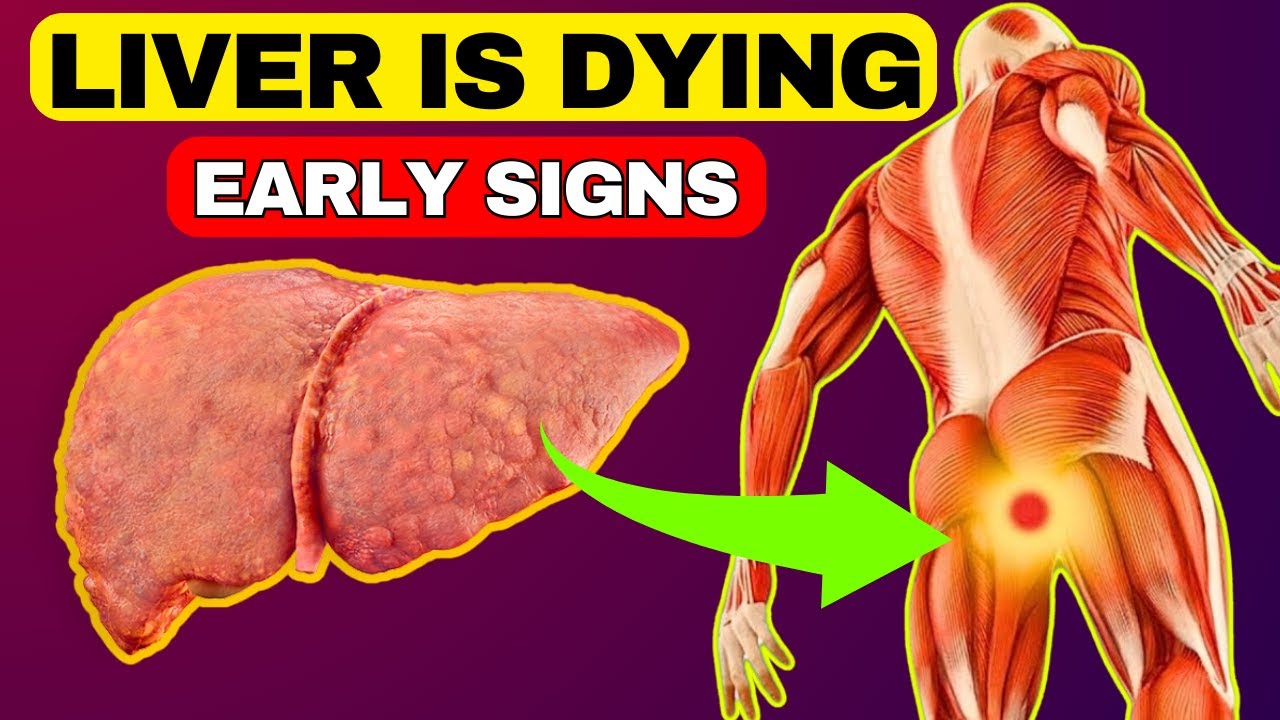10 Warnings Signs Of HEART ATTACK A Week BEFORE It Happens
Summary
TLDRThis video educates viewers on the warning signs of an impending heart attack, emphasizing the importance of recognizing early symptoms like unusual fatigue, edema, and mild angina. It explains how these signs can escalate, leading to severe conditions such as chest pain, nausea, and dizziness. The speaker stresses the significance of addressing these symptoms promptly to prevent a heart attack, linking the degeneration of heart health to lifestyle factors like diet, exercise, and stress management. The video encourages viewers to take proactive steps towards a healthier lifestyle and provides resources for further education.
Takeaways
- 😴 Unusual fatigue without a specific reason can be an early warning sign of a heart issue, indicating the heart is not receiving enough resources.
- 🩸 Edema, or swelling, can occur due to a lack of blood flow, which is a common term related to heart problems.
- 😓 Mild angina, characterized by chest pain or discomfort, can be an indicator of the heart struggling due to insufficient oxygen and nutrients.
- 💨 Shortness of breath may arise from the body's need for more oxygen when blood flow is reduced.
- 💧 Sweating at rest can be a response to the heart being under stress and not receiving necessary resources, activating the sympathetic nervous system.
- 🤕 Unexplained weakness, especially in the limbs, can signal a more severe stage of heart distress.
- 🤢 Nausea and vomiting can be linked to heart stress through the activation of the vagus nerve, which also controls the digestive system.
- 😵 Dizziness or lightheadedness can result from reduced blood flow to the brain when the heart's output is compromised.
- 🔥 Severe pain or pressure across the chest, described as an 'elephant sitting' sensation, indicates a significant blockage and heart distress.
- 🌀 Pain radiating to the left arm, jaw, neck, or shoulders can be a sign of referred pain due to shared sensory pathways with the heart, signifying intense heart stress.
- 🆘 Severe shortness of breath at rest is a critical sign of a compromised cardiovascular function and requires immediate attention.
Q & A
What is the first warning sign of a potential heart attack mentioned in the script?
-The first warning sign is unusual fatigue, where a person feels tired for no specific reason.
What does the term 'edema' refer to in the context of heart problems?
-Edema, in the context of heart problems, refers to a condition where there is a lack of blood, which carries nutrients and oxygen to the body's cells, including the heart muscle.
How can edema lead to fatigue?
-Edema can lead to fatigue because if the heart isn't receiving the necessary resources, it struggles to perform its function, resulting in less blood being provided to the body and consequently less energy for all the cells.
What is the difference between the fatigue experienced before a heart attack and regular sleepiness?
-The fatigue experienced before a heart attack is more of a physical fatigue that is persistent and affects the whole body, especially with exertion, whereas regular sleepiness is a more general feeling of tiredness that is not specifically related to physical exertion.
What is mild angina and how is it related to heart problems?
-Mild angina refers to chest pain, pressure, or discomfort that can occur if the heart is not receiving enough oxygen and resources, leading to discomfort and pressure as the heart struggles.
Why does shortness of breath occur as a warning sign of a heart attack?
-Shortness of breath occurs because a lack of blood to the body means less oxygen is available. The body then tries to compensate by breathing faster, but this can lead to a feeling of not being able to catch one's breath.
How does the heart's struggle to pump blood properly affect the lungs?
-When the heart struggles to pump blood properly, it can lead to a backlog of blood in the pulmonary veins, increasing pressure in the lungs and causing fluid to leak into the lung tissues, which reduces the surface area available for gas exchange.
What is the significance of sweating even when at rest as a warning sign?
-Sweating at rest is significant because it can indicate that the heart is under stress due to a lack of resources, activating the sympathetic nervous system and causing a stress response similar to the fight-or-flight reaction.
What does unexplained weakness signify in terms of heart health?
-Unexplained weakness, especially when localized and sudden in onset, can signify a more severe heart issue, potentially signaling that a heart attack is imminent.
How does the vagus nerve contribute to nausea and vomiting during heart stress?
-The vagus nerve, responsible for the parasympathetic outflow, can cause signals to mix with heart signals during extreme heart stress, leading to the body's reaction of nausea and vomiting as the gut and heart signals are not clearly separated.
Why does dizziness or lightheadedness occur when the heart is stressed?
-Dizziness or lightheadedness occurs because a stressed heart with reduced output struggles to pump blood against gravity to the brain, leading to less blood flow, nutrients, and oxygen, and resulting in lightheadedness.
Outlines

此内容仅限付费用户访问。 请升级后访问。
立即升级Mindmap

此内容仅限付费用户访问。 请升级后访问。
立即升级Keywords

此内容仅限付费用户访问。 请升级后访问。
立即升级Highlights

此内容仅限付费用户访问。 请升级后访问。
立即升级Transcripts

此内容仅限付费用户访问。 请升级后访问。
立即升级5.0 / 5 (0 votes)






